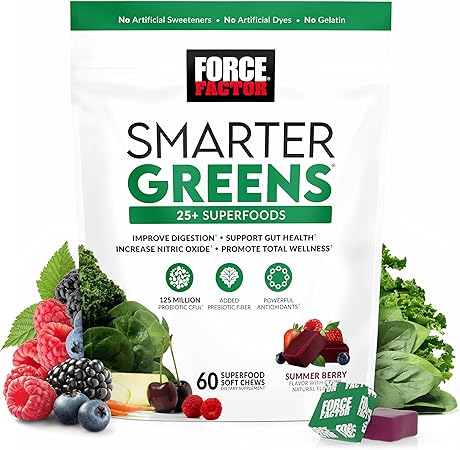
Vitamins are organic substances that are necessary for normal health and growth in both animals and humans. If a vitamin is absent from the diet, or we don’t properly absorb it, a specific deficiency disease may develop.
Even worse, our entire body may start a decline that, over a period of years, may develop into a very serious disease such as, diabetes, cancer, heart disease, etc.
That there is a relationship between what we eat and specific disease was first noted by the Englishman William Fletcher in 1905 while researching the causes of the disease beriberi. He observed that the disease was prevented by eating unpolished rather than polished rice. He concluded that the husk of rice must have special nutrients, which we know today as vitamins.
Even before this discovery, fruits and vegetables were known to prevent and cure many diseases. Even though what we now know as “vitamins” were unknown, many of their benefits were well recognized.
Even today English sailors are known as “Limeys” because, when limes were added to their diets, they no longer suffered from scurvy.
While vitamins prevent and cure some specific diseases, they also are necessary for virtually every function within our bodies.
Because of heavy advertising, we associate Vitamin C with preventing/fighting colds. In truth, Vitamin C does not prevent or fight a cold. It bolsters and strengthens our immune system which attacks the cold germs.
Vitamin C performs many other important functions within the body. A major function is synthesis of hydroxyproline, an important component of collagen and, thereby, all connective tissues.
Vitamin C is essential for growth of cartilage, bone and teeth, and for wound healing. It contributes to the structure of bones, muscles, and blood vessels.
Vitamin C helps support the immune system, aids amino acid metabolism and iron absorption.
Another vitamin – B6 – does not have a reputation as grand as Vitamin C yet it is as essential to good health. Vitamin B6 cannot claim dramatic and immediate “cures” for diseases like scurvy, beriberi, or colds like other vitamins, but it is known as the master vitamin in processing amino acids.
It is estimated that 50% of Americans are deficient in Vitamin B6.
The same is true for virtually every vitamin. Without a proper supply of vitamins, the body develops disease.
Some diseases, such as beriberi and scurvy, show up quickly and dramatically.
Other diseases, such as heart disease and cancer, take years to develop. They go undetected for many years until it may be too late.
Because the body is a “closed system”, vitamins, like every other nutrient, must come from the food we consume. The principal sources of vitamins are the fruits and vegetables we consume.
In 1936 the US Government released a report that clearly and emphatically stated that the soils used to grow our food products are so depleted of minerals that: “We know that vitamins are complex chemical substances which are indispensable to nutrition, and that each of them is of importance for normal function of some special structure in the body. Disorder and disease result from any vitamin deficiency. It is not commonly realized, however, that vitamins control the body’s appropriation of minerals, and in the absence of minerals they have no function to perform. Lacking vitamins, the system can make some use of minerals, but lacking minerals, vitamins are useless.”
Things have not improved in 70 years. In fact, they have gotten much worse.
An entire industry has come into existence because of this fact. Vitamins are consumed by 43% of Americans, yet we continue to suffer and die from preventable diseases that were unknown 50 years ago.
Research scientists have long recommended that nutritional supplements are absolutely essential to our health and wellbeing. This is especially true when we consider our long term health.
And now the American Medical Association, in a significant break from its earlier position that vitamins only produce colored urine, agrees that every American needs to take nutritional supplements.
Not only are vitamins missing from the fruits and vegetables we consume, but antioxidants, minerals, enzymes, amino acids, essential fatty acids, and fiber are also missing.
Nutritional supplements that provide only one, or a limited number of components, can provide a false feeling of wellbeing.
It is unrealistic to believe that the food we eat is lacking only one element needed by our body.
When the body lacks one component it probably lacks many, even most, simply because the source of the components is deficient. Adding only one component to the diet not only ignores the fact that the basic diet is deficient but gives a false sense of security that we are correcting a health problem.

















